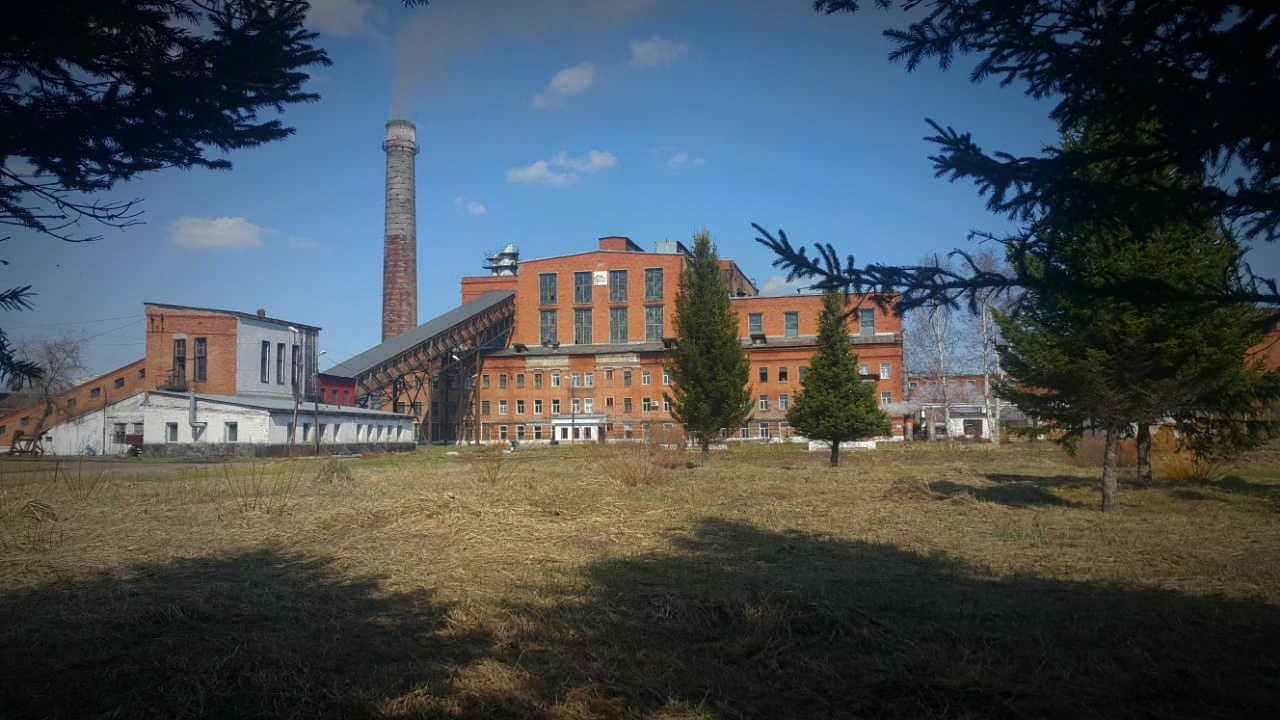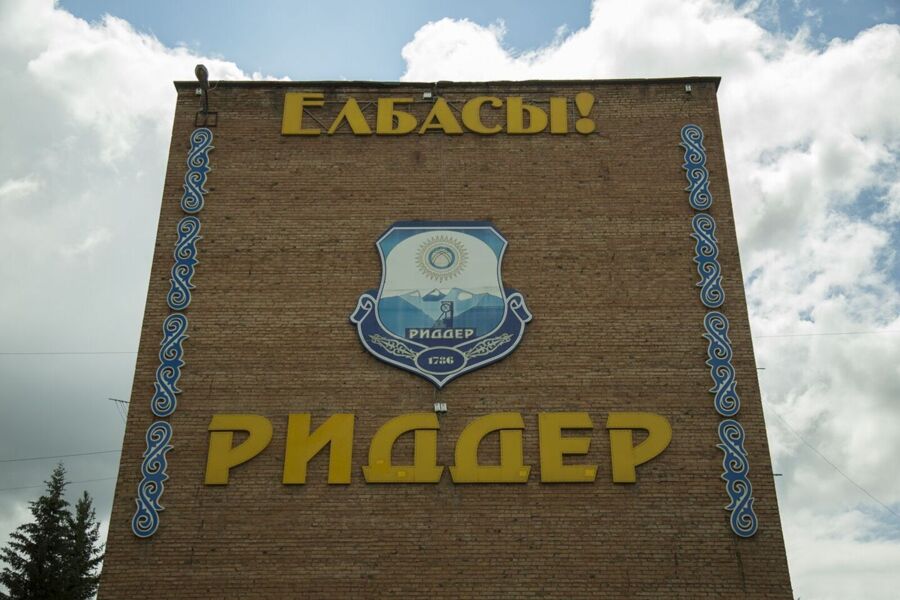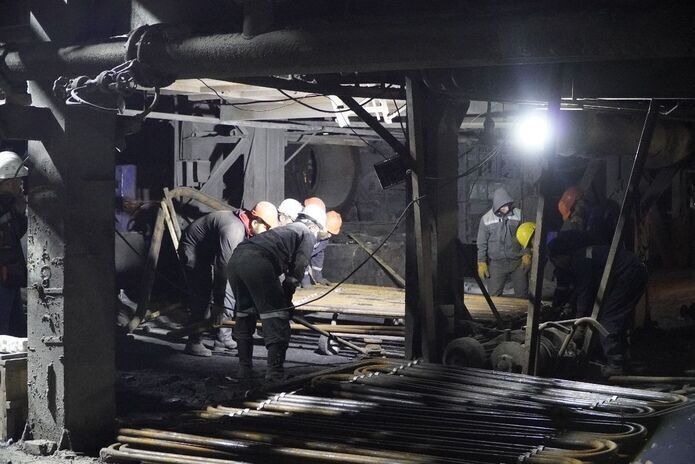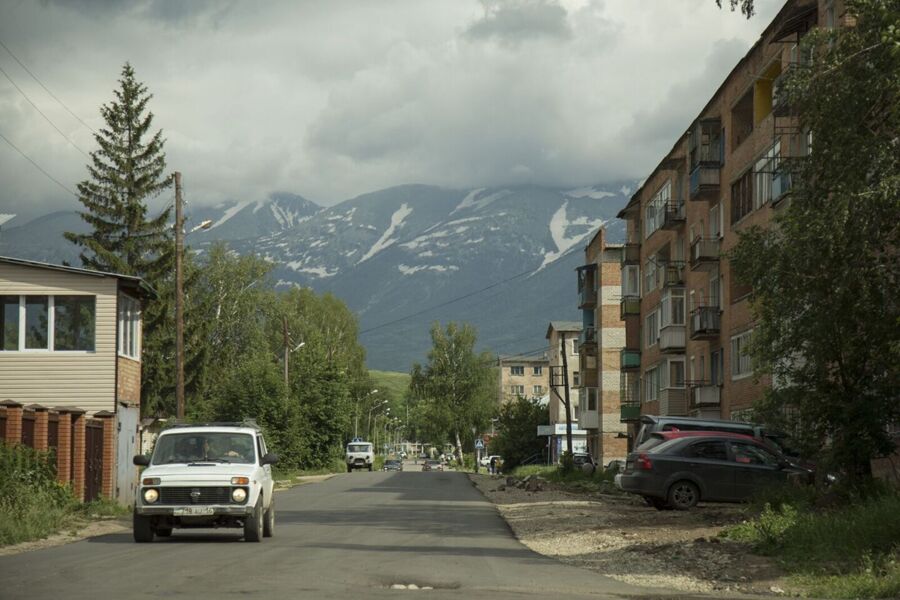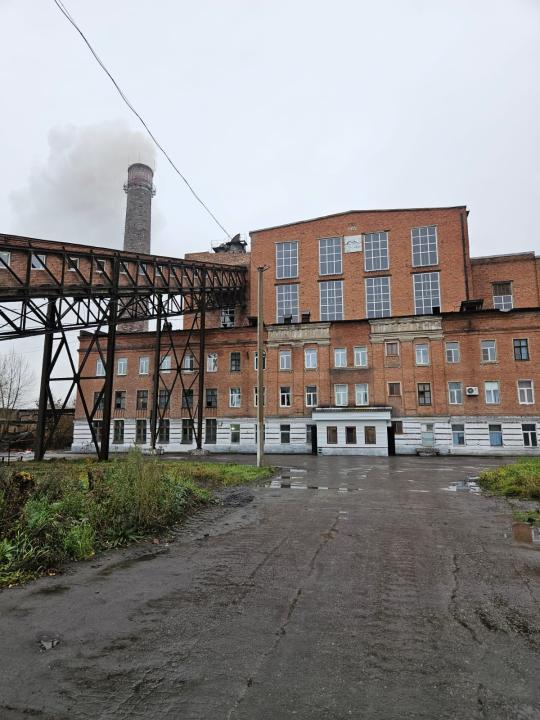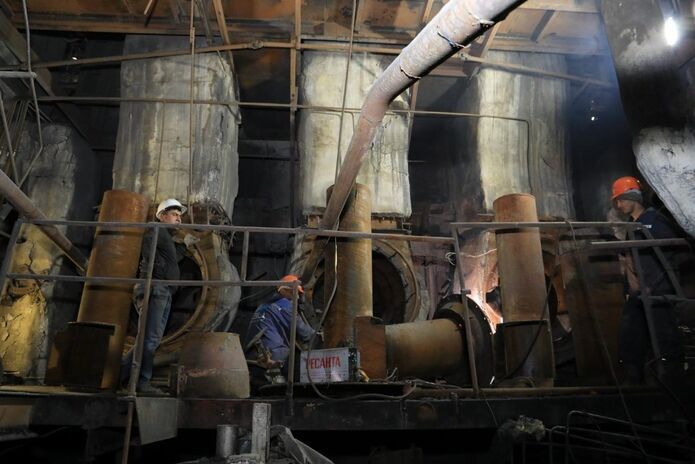Over the past year, Kazakhstan’s government allocated 15.7 billion tenge ($35.3 million) to address heating issues in Ridder, an industrial town with a population of 52,000 in the East Kazakhstan region. Despite the massive budget expenditure, the town was once again struggling during the latest heating season.
Читайте этот материал на русском.
Endless Accidents
On 23 October 2022, local authorities called for a state of emergency when substandard fuel oil mixed with water entered the boilers of the thermal power plant (TPP), prompting their shutdown. Daniyal Akhmetov, then-governor of the East Kazakhstan region, attributed this to the management of the TPP, guilty of failing to monitor the quality of the fuel oil, according to him. While the prosecutor's office initiated an investigation into the management’s alleged negligence, the courts have not disclosed any updates.
Just two weeks later, on November 5, a major accident left the city without heating for several days. After a pump in the ash removal system failed, the TPP entered an emergency shutdown and heat supply for over 22,000 customers was reduced, prompting another state of emergency in Ridder.
Akhmetov once again pointed the finger at the TPP management and personnel for "not paying attention to the condition of the ash removal pump, which led to its flooding." The local government finally reported on November 11 that the accident was resolved.
Bolat Akchulakov, then-minister of energy, emphasized the need to build a brand new boiler at the TPP, because all the accidents were due to the extreme wear and tear of the equipment.
Town residents had already lamented for a year problems in their homes’ heating system. According to them, "heating issues persisted for several years." Yet, the local government denied any problems with heat supply, instead shifting the blame onto the residents, claiming that “the houses were unprepared.”
Once again, the authorities followed the strategy of blaming residents whenever problems arise.
In 2023, there were several more accidents at the TPP. On the night of February 27, two boilers underwent simultaneous emergency shutdowns, leaving only two other boilers in operation. A month later, on March 21, a fire broke out in two of the boilers at the TPP.
Akhmetov then stated that the "new owners of the station are failing to fulfill their responsibilities," having failed to invest "either in equipment repairs or in the repayment of accounts receivable, debts to fuel suppliers and repair contractors." All of this, once again, led to a "critical situation," he said.
On March 23, an explosion occurred at a boiler. The ministry of energy reported that the heating network's temperature was nearly halved because four other boilers were undergoing scheduled repairs.
In April, another accident led to the failure of a boiler. Residents then complained about the lack of heat in their homes.
Despite announcing tenders for repair work since 2019, the TPP was not properly remodeled. It only reported investments in repairs in 2022.
Following the November 2022 accident, the East Kazakhstan prosecutor’s office ordered an inspection, which revealed over 240 legal violations, nearly 550 million tenge ($1.1 million) in misallocated funds, and unsatisfactory repairs at the TPP.
In March 2023, Ridder TPP JSC was fined more than 11 million tenge (around $25,000), and consumers were refunded 63.3 million tenge ($143,000) for reduced heat supply.
A Carousel of Promises and Investors
The official communication around the series of accidents at the Ridder TPP was mired in opaqueness and secrecy.
In January 2023, after the first accident, the East Kazakhstan government announced that the TPP had been acquired by “investors with extensive experience in the thermal energy sector” that had agreed to invest at least 7 billion tenge ($15.6 million) in repair work "in the near future." The company name, however, was not disclosed.
Later, YK-news.kz reported that after the resignation of Al-Tair Syzdykov, chairman Kuralbek Abdrakhmanov obtained the top post at Ridder TPP. Abdrakhmanov had served as director at the Kyzylorda TPP in the 2000s.
Abdrakhmanov soon promised to carry out a large-scale modernization of the TPP, to build a coke plant, and to forge a partnership with Kazzinc, one of the country's largest miners. He also assured residents that "there will no longer be any heating problems in Ridder" and pledged to "undertake social commitments over the next five years not to raise heating tariffs."
However, none of this happened. According to East Kazakhstan government data, as of June 2023, the debt of Ridder TPP amounted to 3.3 billion tenge ($7.4 million). The following month, the ministry of energy reported a debt of 5.5 billion tenge ($12.4 million).
Amirzhan Nabiyev, a businessman and former councilman in Almaty, became the new owner of the TPP on July 1 and claimed to have already paid off the majority of the debt.
Nabiyev was mostly involved in the construction sector, therefore it was surprising to see his interest in the Ridder TPP. Under unclear circumstances, he later sold his stake.
On 15 September 2023, the Ridder TPP and Vodokanal, a municipal enterprise in Ridder, signed a trust management contract, which transferred ownership, use, and management to the latter.
Weeks later, minister of energy Almasadam Satkaliyev said that the new owner had concluded an agreement to settle all debts and transfer the station to the municipal enterprise.
Satkaliyev, however, had not told the whole story. He later clarified that repair works were paid with loaned budget money, meaning the TPP now was indebted with the government. This is why the owner decided to sell off the TPP for the symbolic sum of 1 tenge and have the debt forfeited.
Soon afterwards, the Financial Monitoring Agency said the former management was under investigation, for allegedly stealing funds intended for repairs from the state budget for 4.1 billion tenge ($9.2 million) between 2018 and 2022.
Milking the Cash Cow
In February 2023, then-governor Akhmetov said that almost all equipment and networks at the TPP needed major repairs. In July 2023, the central government announced that it had allocated 8.4 billion tenge ($18.7 million) to overhaul plant components and networks, while the local government earmarked 500 million tenge ($1.1 million).
When, in September 2023, the government approved a comprehensive development plan for the monotown for 2024-2027, it did not include a budget for the repair of the TPP, but only a plan to marginally reduce the wear and tear of heat supply networks.
Unsurprisingly, during a cold snap in December 2023, when the temperature reached -40C, the town was once again left without heat.
After residents complained, a governmental commission inspected several homes and concluded that poor insulation and worn-out radiators were the main cause of the low temperature inside. When residents used en-masse space heaters to compensate, the electricity network was overloaded, leading to frequent power outages.
By February 2024, at least 6.1 billion tenge ($13.6 million) were spent for equipment repairs at the Ridder TPP and an additional 1.3 billion tenge ($2.9 million) for heating network repairs, the ministry of energy reported. The sum is around 1 billion tenge ($2.2 million) smaller than what the government had previously allocated.
In April, the East Kazakhstan government claimed that there had been “no disruptions during this heating season,” citing significant upgrades at the TPP last year.
Days later, the government announced an allocation of around 16 billion tenge ($35.7 million) from its reserve for the reconstruction and repair of heat sources in the cities of Kentau, Ridder, and Kyzylorda. Of this, 4.9 billion tenge ($11 million) was designated for the overhaul of technological equipment and infrastructure at the Ridder TPP.
In May, Prime Minister Olzhas Bektenov signed a new decree allocating an additional 2.4 billion tenge ($5.4 million) for the modernization of Ridder's heating system.
According to the local administration, boilers, generators, and auxiliary equipment would have to be overhauled with new repair works in 2024.
Whether the latest multimillion-dollar investment proves effective for the aging TPP can only be confirmed during the upcoming heating season. It is worth noting, however, that no other power plant has received such a massive state funding.
Both privately- and state-owned TPPs in Kazakhstan are affected by wear and tear, and their owners do not invest enough money in their modernization. Frequent accidents have also hit the Petropavlovsk and Ekibastuz TPPs in 2022.
Bektenov noted that despite a "relatively stable" heating season last winter, "the number of technological violations increased even without major accidents." He promised that measures would be taken "against both owners and local governments" for missed or poor-quality repair work.
The government, though, has repeatedly shown that it only reacts to large-scale emergencies. And sometimes even an intervention from the top cannot bring a long-lasting solution.
This is an abridged version of an article we originally published in Russian. It was translated into English by Amina Aktailakova.
Поддержите журналистику, которой доверяют.
